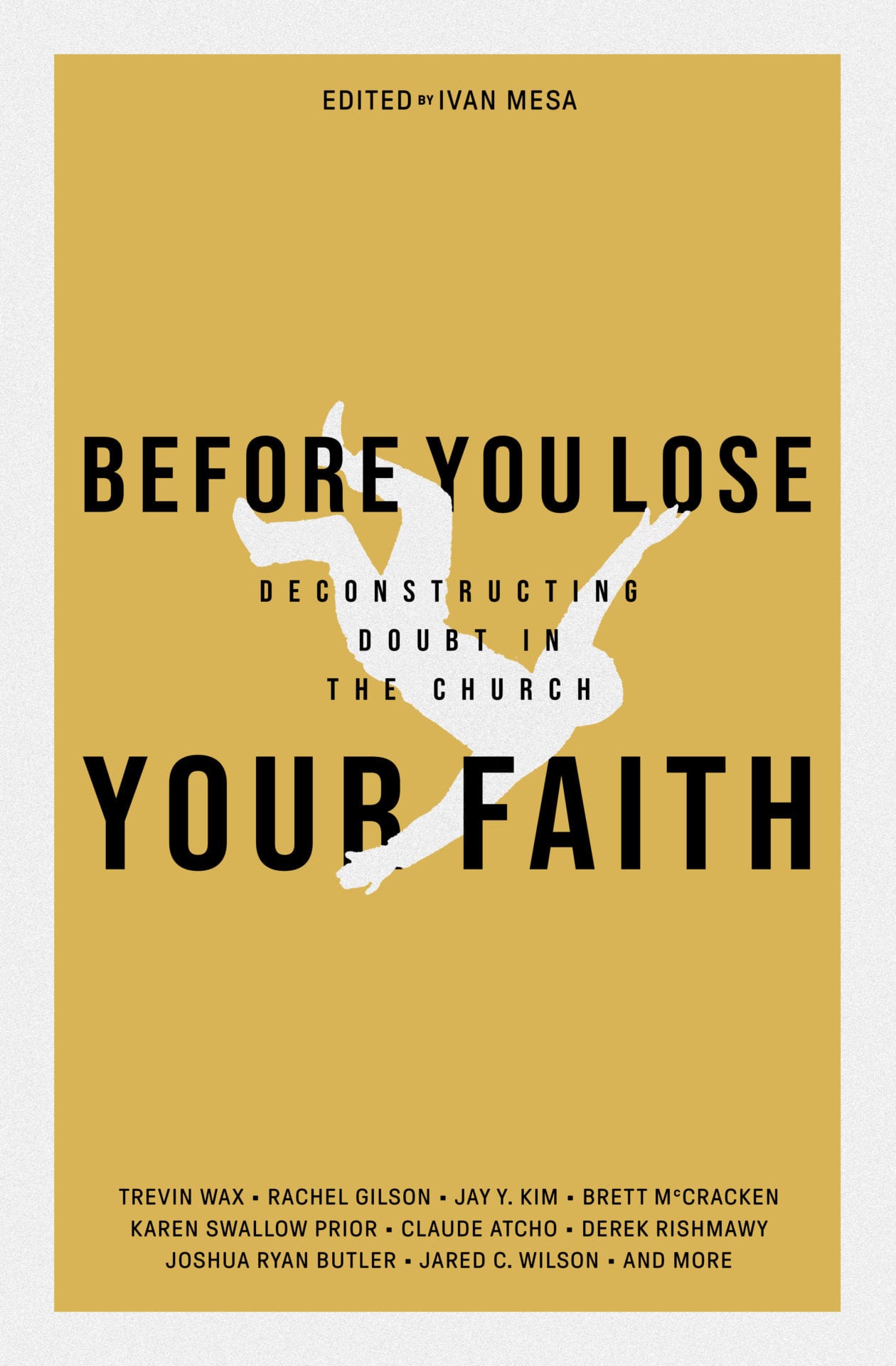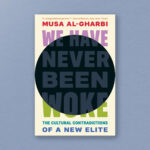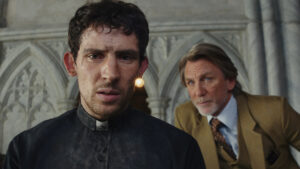Second Chronicles is the most underrated book in Scripture.
Partly this is because its prequel gets off to a slow start. The lengthy genealogy of 1 Chronicles 1–9 is extremely boring for most modern readers, even though it plays a crucial role in the author’s overall project. The final chapters of 1 Chronicles also go into extensive detail on priestly and musical responsibilities, which take a fairly committed theologian or animated worship leader to get enthusiastic about. So by the time people reach 2 Chronicles, they are ready to regard the chronicler as a pedantic, laborious bean-counter who cannot seem to get out of the weeds.
And partly it’s because it seems to repeat the content of 1 and 2 Kings, but with Elijah and Elisha taken out. (Elijah does make a brief appearance in 2 Chronicles, but there is no Mount Carmel, no still small voices or miraculous meals or stolen vineyards or fiery chariots ascending into the sky.) The temple building is still there, and the ups and downs of good and bad kings are still there, but the action heroes have been edited out. A dismissive reader could think the chronicler is trying to make life difficult for us.
Worshipful History
We are not called to be dismissive readers. And when we read 2 Chronicles on its own terms, we discover that despite its lack of focus on Elijah and Elisha—which results from its lack of focus on the northern kingdom altogether—it is in many ways the most focused, prophetic, prayerful, and worshipful history book in the Bible. It is the Acts of the Old Testament: the story of how God’s house was established and filled with the Spirit, how his people prayed, worshiped, failed, repented, were captured by their enemies and ultimately set free, and how Gentiles came to worship him.
There are heroes like Peter and John (Solomon, Hezekiah, Josiah). There are villains like Herod (Ahaz, Amon). There is a faithful believer who gets stoned, like Stephen (Zechariah). There is a villain-turned-disciple like Paul, who turns from persecuting God’s people and becomes a trophy of grace (Manasseh).
It’s the Acts of the Old Testament, and in many ways the most focused, prophetic, prayerful, and worshipful history book in the Bible.
By focusing on the southern kingdom, Judah, the chronicler is able to give much more time to their kings, showing us their moral complexity and what we can learn from each one. Kings like Solomon, Rehoboam, Asa, Jehoshaphat, Joash, Uzziah, Hezekiah, and Josiah get treated at length, with nuance and what a novelist might call character development. We hear how they think, how they speak, and (in my favorite verse in the book) how they pray:
We do not know what to do, but our eyes are on you. (2 Chron. 20:12)
We see good kings who make catastrophic decisions, mediocre kings who are redeemed with a wise response, terrible kings who repent and find forgiveness. These men are not two-dimensional cartoons, used as placeholders for saying that worship of Yahweh is good and idolatry is bad. They are rounded, real people, who have moments of greatness and weakness, and who need to learn the importance of humility, wisdom, obedience, and prayer.
Helpful for Pastors
The author is also interested in priests, and presents them in a way that’s enormously instructive for pastors today. If we have read the Old Testament so far, we know that priests are responsible for animal sacrifices—and since that’s something we no longer do, given the once-for-all sacrifice of Jesus, it’s easy to think priests have little to teach us about leadership. But when we read 1 and 2 Chronicles, we find that although the priests do offer animal sacrifices, they are also seen as worshipers and gatekeepers. (Second Chronicles 31:2 summarizes three roles: “for burnt offerings and peace offerings, to minister in the gates of the camp of the LORD, and to give thanks and praise.”)
Priests lead the people spiritually by leading them in worship, through music, song, praise, and prayer. And they guard the presence of God as gatekeepers, preventing people from unauthorized entry to the sanctuary, whether to offer sacrifice (like Uzziah) or to pilfer the gold to buy off their enemies (like Ahaz). Elders have a lot to learn from the way priests carry out their duties, and from what happens when they don’t.
Role of Prophets and Prophecy
But the most compelling contribution of 2 Chronicles, for me, is the way it highlights the role of prophets and prophecy. Whereas in 1 and 2 Kings the prophets primarily act, in Chronicles they teach, with plenty of application for readers both then and now. Shemaiah focuses on humility (chapter 12). Azariah presses home the connection between forsaking God and being forsaken by him (chapter 15). Hanani shows the connection between peace (shalom) and having a heart that is “whole” (shalem):
For the eyes of the Lord run to and fro throughout the whole earth, to give strong support to those whose heart is blameless toward him. You have done foolishly in this, for from now on you will have wars. (2 Chron. 16:9)
Micaiah warns Jehoshaphat that if he allies with Ahab, Israel will be scattered like sheep without a shepherd (chapter 18). Jehu pronounces judgment for “loving those who hate the LORD” (19:2). Jahaziel reminds Judah that “the battle is not yours, but God’s. . . . You will not need to fight in this battle. Stand firm, hold your position, and see the salvation of the LORD on your behalf” (20:15–17). We could go on, to Zechariah, Oded, Huldah, and several others.
Full of Treasure
Second Chronicles is full of treasure. We could talk about the two Abijahs, one male and one female, who embody the theme of the book. We could talk about the five Azariahs—one prophet, two priests, one king, and one chief—who display it in very different ways.
In the chronicler’s skillful hands, all of these prophets, priests, kings, and other individuals reinforce the heart of the book, which is also the heart of the gospel: that if we repent, believe, and humble ourselves before God, he will save us, in his great mercy and grace.
Give thanks to the LORD, for his steadfast love endures forever!
Free Book by TGC: ‘Before You Lose Your Faith’
 Many young people are walking away from Christianity—for reasons ranging from the church’s stance on sexual morality, to its approach to science and the Bible, to its perceived silence on racial justice.
Many young people are walking away from Christianity—for reasons ranging from the church’s stance on sexual morality, to its approach to science and the Bible, to its perceived silence on racial justice.
TGC’s book Before You Lose Your Faith: Deconstructing Doubt in the Church is an infusion of hope, clarity, and wisdom in an age of mounting cynicism toward Christianity.
For anyone entering college or the workplace and looking for a timely reminder of why Christianity is good news in a skeptical age, make sure to get your FREE ebook Before You Lose Your Faith today!


































